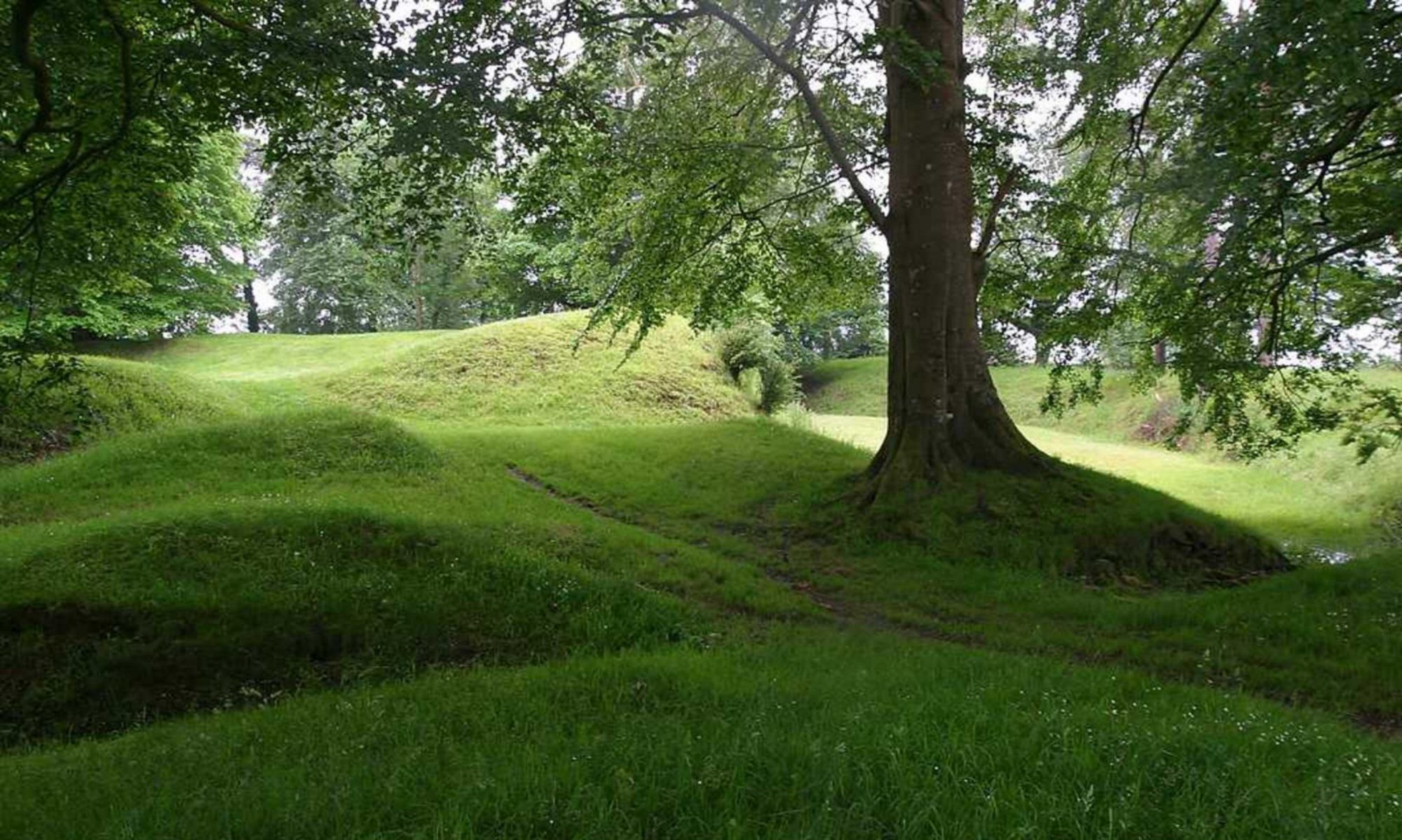In an increasingly secular world, “Step forward Gaia: a god that even militant atheists can respect, if not revere. Unlike the God of the Bible, Gaia is one of those lustful, irritable and contrary gods that populate Greek mythology… Today, however, the granny god is back with a vengeance, largely thanks to the scientist and environmentalist James Lovelock, whose Gaia hypothesis describes how all living organisms form part of an interconnected, self-regulating ecosystem.”
So wrote The Irish Times columnist Joe Humphreys recently in response to myth-based ways of understanding the damage from Covid-19. Humphreys compares Gaia to the universal presence or “world soul” that Plato saw behind human events and their environment. In an interview with a Trinity College Dublin Classics professor, he relates the idea that devastating events like coronaviruses may be a way for Gaia, or nature, to regulate globalization, industry, and commerce. The TCD professor, John Dillon, remarks, “let’s face it, there are now far too many of us, if we want to live at the high-octane level that we do want to live at, and at which the pullulating masses of Asia and Africa are anxious to join us.” You can read the full interview at: https://www.irishtimes.com/culture/god-make-way-for-gaia-a-deity-even-atheists-can-believe-in-1.4265949 (The newspaper may have put it behind a fire wall. It costs $1 for a one-month trial subscription and you can cancel at any time).
I think the Gaia hypothesis can support a restrained environmental policy: there is only so much human regulation can do to protect the environment, as it is ever-changing under Gaia’s watch. It’s like the old debate between Gifford Pinchot and John Muir, conservation versus preservation. As I understand it, Pinchot took the conservationist approach, smart and careful development of the resources nature has provided, while Muir took the preservationist tack with the aim of preserving supposedly pristine landscapes.
When I was an oil reporter, I covered the heated, 40-year-plus dispute over oil and gas development in a small fraction of Alaska’s Arctic National Wildlife Refuge. The debate over whether to allow drilling in a 2,000-acre section of the 19.3 million-acre refuge has become a symbol of the conservation-vs.-preservation struggle. The Trump administration is going ahead with leasing drilling rights there, but the fact that the U.S. recently achieved self-sufficiency in oil thanks to lower-48 states developments may have taken some steam out of plans to drill on Alaska’s North Slope.
A few years back, The Washington Post ran a controversial opinion piece by a George Washington University biology professor that plays into the idea Gaia may be a reason to take a lighter approach to environmental policy: “Even if we live as sustainably as we can, many creatures will die off, and alien species will disrupt formerly ‘pristine’ native ecosystems…. Earth’s long-term recovery is guaranteed by history (though the process will be slow). Invasion and extinction are the regenerative and rejuvenating mechanisms of evolution, the engines of biodiversity.” Full article: https://www.washingtonpost.com/outlook/we-dont-need-to-save-endangered-species-extinction-is-part-of-evolution/2017/11/21/57fc5658-cdb4-11e7-a1a3-0d1e45a6de3d_story.html?hpid=hp_no-name_opinion-card-b%3Ahomepage%2Fstory&utm_term=.06e250e40062&fbclid=IwAR0I8AQV2mKHgKUNculC03QWb8OWzuLrGsgU1KQV3QjltZ7DBFC4z_WFIZE
In literature, it seems like some of the Romantic poets like Wordsworth adored the environment too much and needed reminding by Tennyson that nature can be “red in tooth and claw.” The literary critic Camille Paglia has made a similar observation about nature. The horror genre often turns on the notion that the environment can be hostile to human life. M. Night Shyamalan’s misfire of a movie The Happening deals with the environment taking revenge on humanity.
